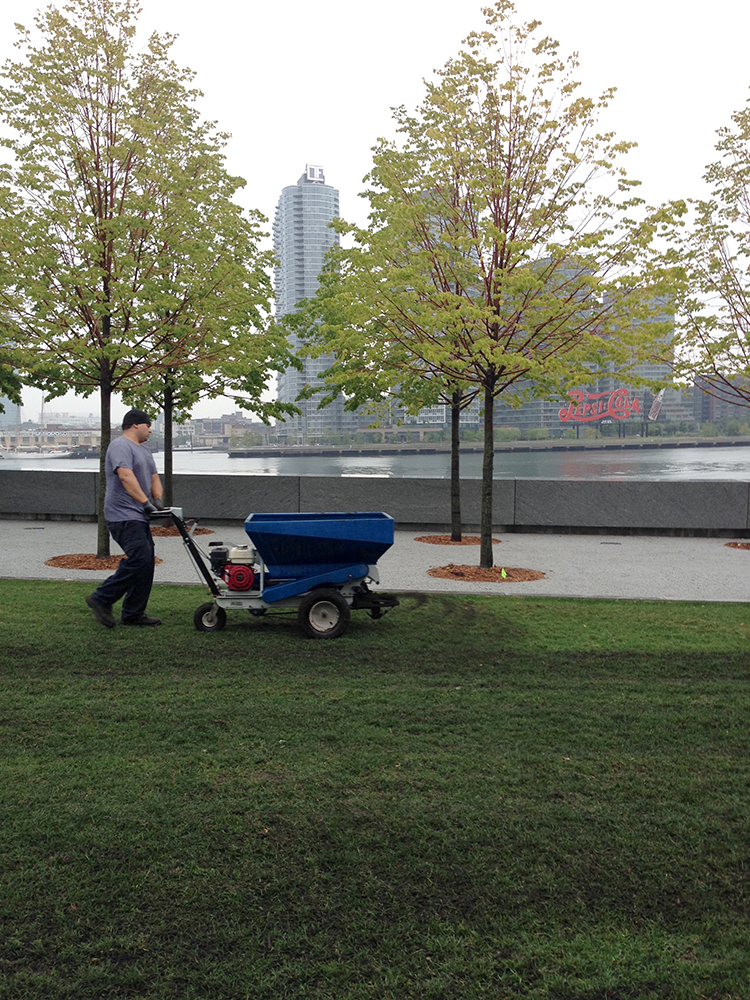Organic Lawn Care
Building healthy productive soil and getting the right types of grasses growing in your yard blaze the way for a great organic lawn. Collaborating with your lawn mowing and irrigation teams are a key aspect of having a successful organic lawn.
ORGANIC LAWN CARE – WE HAVE THE TECHNOLOGY
Is it possible to have a great lawn without toxins? YES, it is. There are some prerequisites to getting the lawn right. First, we have to figure out what biology is present in the soil and what is missing; also what nutrients are present in the soil and what is missing. Then, we find out how much organic matter, sand, silt and clay is in your soil. Once we have all this baseline information we are able to create a plan to care for your lawn. We can customize applications of organic fertilizers, soil amendments and compost teas to suit your soil and the type of grasses you have growing in your lawn. A one-size fits all approach to lawn care is like one-size fits all clothing – it won’t be a good fit most of the time.
WHAT ABOUT WEEDS?
Weeds can be a challenge on a toxin-free or toxin-full lawn. A multi-tiered approach is needed to effectively control weeds on just about any lawn care program. Keeping the mowing height at or above 3 inches and mowing with mulching mowers are 2 cultural practices that can significantly reduce weed proliferation without spraying or pulling a single weed. Annual seeding and selecting the right kinds of grass seed for the site can further reduce weed populations. Organic weed sprays can effectively keep broadleaf weed populations to a minimum if the rest of these cultural practices are followed. Hand weeding in selected areas a little each week by your landscape maintenance team can go a long way to keeping crabgrass from getting out of control.
WHAT IS ALL THE FUSS ABOUT COMPOST?
Compost has so many goodies for your plants and soil it seems to be too good to be true. First of all, it is high in organic matter, which can be a very valuable commodity in the landscape, where levels are very often too low to sustain the plants we are trying to grow. This organic matter retains moisture and plant nutrients so we can water and fertilize less… saving natural resources. It also provides food resources and a home for beneficial soil life. Last but not least, good compost is loaded with billions of beneficial soil organisms and micro-arthropods which do so much of the heavy lifting when it comes to keeping plants healthy.

